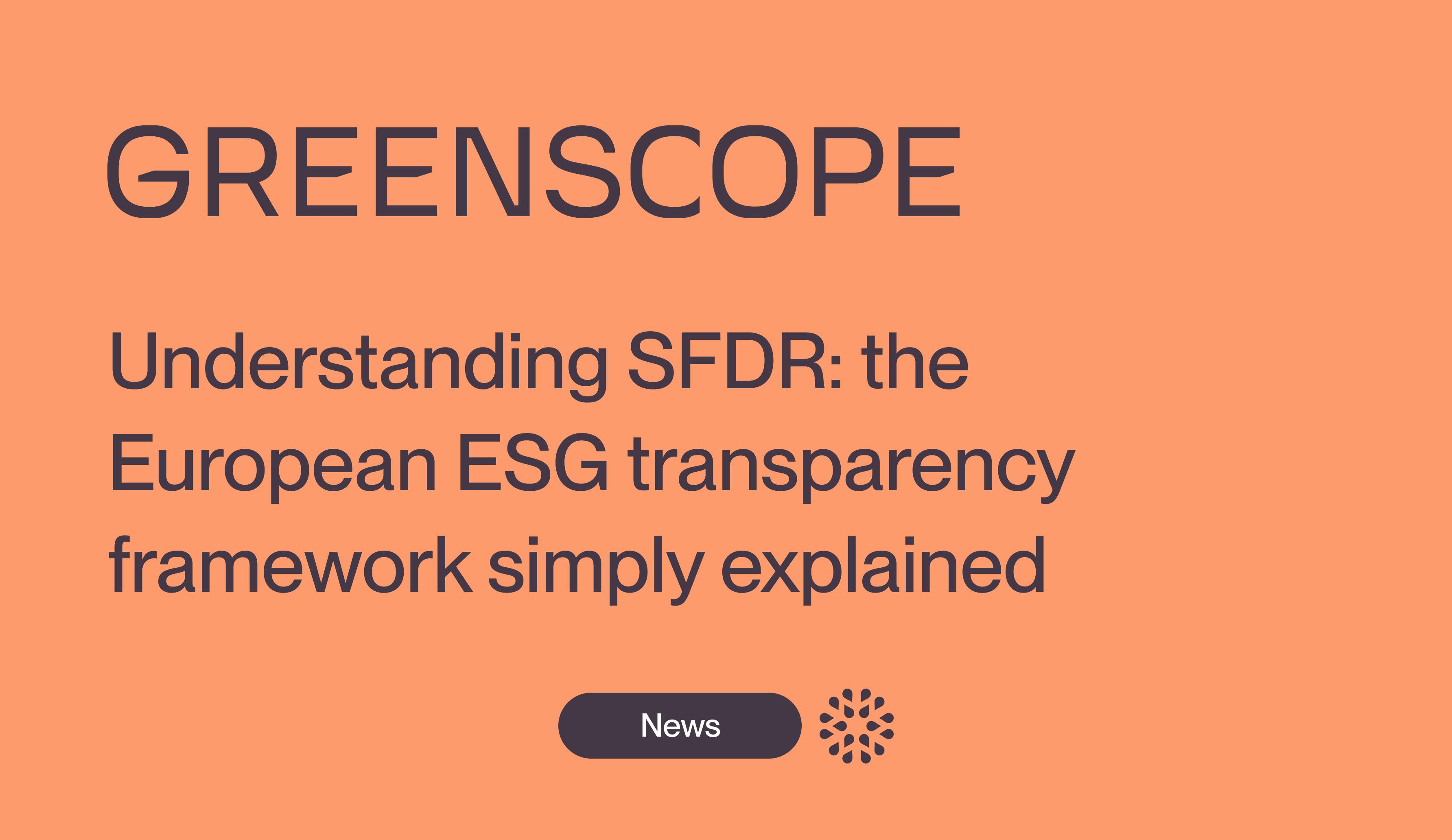CSDDD: A major turning point for corporate due diligence
Learn how the CSDDD reshapes corporate responsibilities and drives sustainability across global supply chains

On April 24, the European Parliament adopted the Corporate Sustainability Due Diligence Directive (CSDDD), a new regulation aimed at embedding human rights, social, and environmental considerations at the core of corporate governance. This directive builds on the Corporate Sustainability Reporting Directive (CSRD) by imposing stricter obligations on companies to manage impacts throughout their entire value chain.
New obligations for companies
The CSDDD will apply to large European and non-European companies employing more than 1,000 people and generating a global turnover of over €450 million, as well as franchisees with a turnover exceeding €80 million in Europe. These companies must implement processes to identify, prevent, and address risks related to human rights and environmental issues, not only within their own operations but also across their subsidiaries, business partners, and subcontractors.
Expanded due diligence
One of the key innovations of the CSDDD is the expansion of corporate responsibility across the entire supply chain. Human rights violations, such as child labor, and environmental degradation, including biodiversity loss, must be identified and mitigated. This approach extends the trajectory initiated by the CSRD but goes further by mandating proactive vigilance.
Additionally, companies will be required to create climate transition plans aligned with the Paris Agreement’s goal of limiting global warming to 1.5°C. These plans will impact the variable compensation of executives in large companies, encouraging them to align decision-making with long-term sustainability goals.
Sanctions and compliance
Companies that fail to comply with these obligations will face severe financial penalties, with fines reaching up to 5% of their global turnover. Other punitive measures, such as removing certain products from European markets, are also envisioned in cases of serious non-compliance. This regulation compels businesses to enhance risk management and increase transparency, with all due diligence information being published on the European Single Access Point (ESAP) platform.
Impact on financial institutions
Banks and other financial institutions are also subject to the directive. They will be required to exercise due diligence over their major clients and business partners, especially when granting significant loans. This extends the scope of due diligence to the financial sector, reinforcing their responsibility for managing ESG (Environmental, Social, and Governance) risks.
Towards a new model of responsible governance
The CSDDD is transforming corporate governance by fostering a culture of shared responsibility and recognizing the role of businesses in building a sustainable future. Adopting best practices in human rights and environmental management is no longer merely an ethical choice but a regulatory imperative.
As Jean-Emmanuel Challan Belval, CEO of Greenscope, notes: "Now is the time for companies to get organized and adopt the right practices to assess risk across their entire value chain." At Greenscope, we help our clients audit their suppliers’ ESG impacts, enabling them to anticipate these new requirements and ensure long-term compliance.
The implementation of the CSDDD presents a dual challenge: ensuring legal security and risk management while building trust with stakeholders, fostering employee engagement, and securing access to financing. Beyond legal obligations, it represents an opportunity for companies to position themselves as sustainability leaders in a rapidly evolving world.
Our latest articles

CSR News - December 2025
Discover key developments: ongoing projects, standards updates, new official documents.

EDCI - Understanding the ESG Data Convergence Initiative to harmonize ESG reporting in Private Equity
Simplify and standardize your ESG data with EDCI.

Understanding SFDR: The European ESG transparency framework made simple
Understanding SFDR means understanding what structures sustainable finance in Europe. Requirements, tools, impacts: let's break it down.

CSR News - November 2025
Discover key developments: ongoing projects, standards updates, new official documents.



